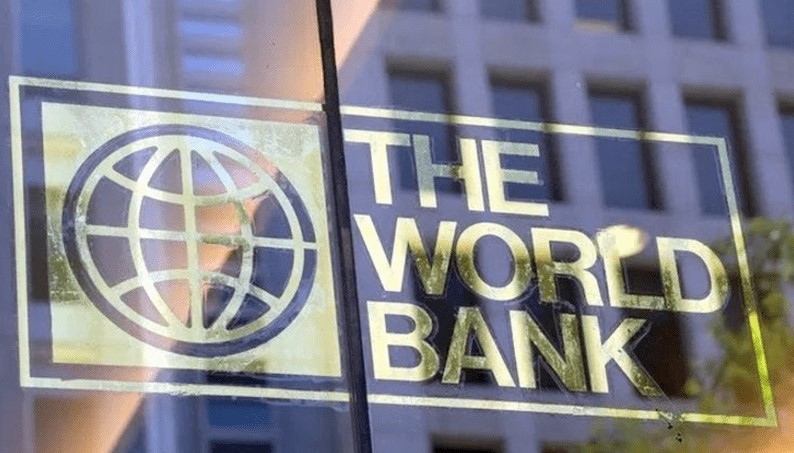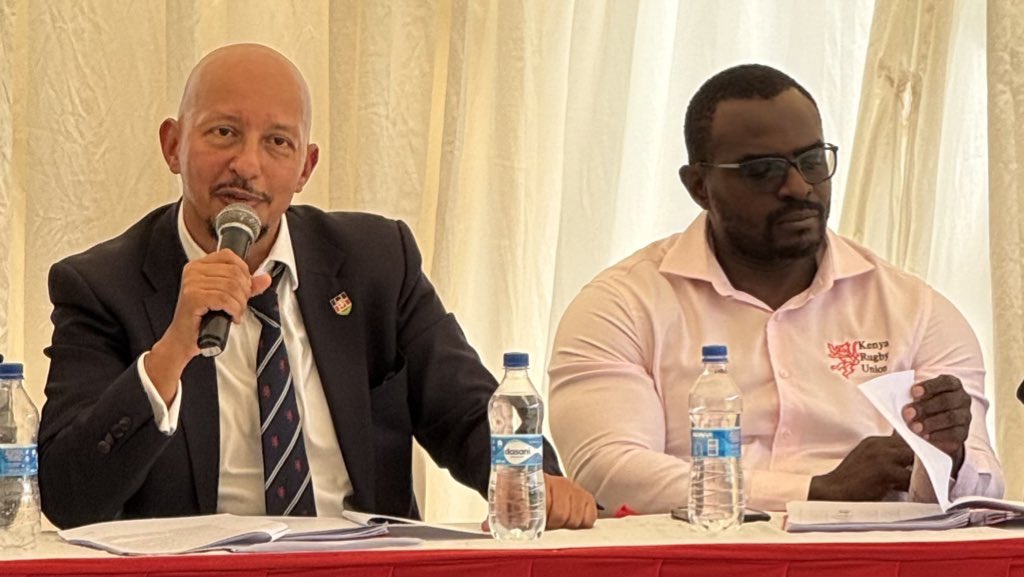MPs propose sugar levy on sweetened drinks to curb health risks, fund public programmes

According to the legislators, the levy would not only curb the rising intake of sugar but also help reduce the prevalence of lifestyle diseases such as obesity and diabetes.
Members of Parliament have proposed a health promotion levy on sugar-sweetened beverages—such as sodas, energy drinks, and flavoured juices—in a bid to address the growing health risks linked to excessive sugar consumption.
According to the legislators, the levy would not only curb the rising intake of sugar but also help reduce the prevalence of lifestyle diseases such as obesity and diabetes.
More To Read
- Real estate industry raises red flags over Finance Bill, 2025 tax proposals
- Kenyans warned of rent hikes, stalled housing if Finance Bill 2025 taxes pass unchanged
- LSK, auditors reject key privacy and liability clauses in Finance Bill 2025
- Kenyans invited to submit views on Finance Bill 2025 through new online portal
- Kenyans invited to submit views on Finance Bill 2025 by May 27
- Wetang’ula flags Finance Bill 2025 as urgent, directs committee to fast-track review
Nandi Hills MP Bernard Kitur proposed a public hearing on the Finance Bill, 2025, held at the Edge Convention Centre in South C, Nairobi, where he appeared before the National Assembly’s Departmental Committee on Finance and National Planning.
Appearing in his capacity as a parent, Kitur argued that the proposed Health Promotion Levy would play a vital role in promoting healthier consumption habits while generating funds to support key public health initiatives.
“To mitigate this public health crisis, we propose the introduction of the Health Promotion Levy in the soft drinks industry. This levy aims to reduce sugar consumption, encourage healthier product reformulation, and generate revenue to support public health programmes,” he said.
He added that the funds raised should be earmarked to support the school feeding programme, finance public health campaigns, enhance school nutrition efforts and improve healthcare infrastructure.
According to Kitur, the levy would be structured around a base threshold of four grams of sugar per 100 millilitres, which would be exempt from taxation. Any sugar content exceeding this base would attract a levy. Locally manufactured beverages would be taxed at Sh1 per gram per 100ml above the threshold, while imported beverages would be taxed at Sh2 per gram.
“For example, if a drink contains 6g of sugar per 100ml, it would attract a levy of Sh2 if it is produced locally, or Sh4 if imported,” he explained.
Exemptions
Kitur said the levy would target manufacturers and importers of sugar-sweetened beverages and would exclude certain product categories. Exemptions would apply to 100 per cent fruit juices with no added sugar, dairy-based drinks containing at least 75 per cent milk content, and all export-bound products.
He proposed that the Kenya Revenue Authority (KRA) oversee the collection of the levy, while the Kenya Bureau of Standards (KEBS) would be responsible for verifying product content and compliance.
“The introduction of the Soft Drinks Industry Levy will significantly contribute to improving the health of Kenyans while promoting responsible industry practices,” Kitur said.
“We urge Parliament to pass this proposal in the interest of public health and economic sustainability.”
He was accompanied at the session by Dr Geoffrey Kiprop, a pharmacist who also supported the initiative, saying it would lead to a decrease in sugar-related health issues, promote innovation in the beverage sector, and ensure stable funding for long-term public health campaigns.
Separate law
Committee Chairperson Francis Kuria Kimani, while acknowledging the merits of the proposal, clarified that the specific allocation of the levy’s proceeds would require a separate law to be passed.
“Your proposal would require a separate piece of legislation since you’re seeking the establishment of a levy that is ring-fenced for a particular cause. Otherwise, if we were to establish the levy in this Bill, the funds collected would end up in the Consolidated Fund and not necessarily fund the proposed cause,” Kimani said.
If adopted, the proposal could see the cost of sugar-sweetened products, including sodas, sweetened yoghurts, and some fruit juices, increase significantly.
The committee plans to continue its public hearings across various counties next week to gather more views on the Finance Bill, 2025.
Top Stories Today











































